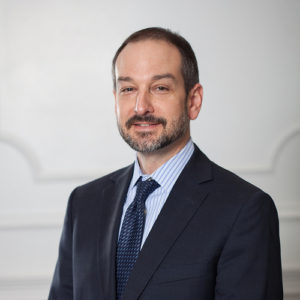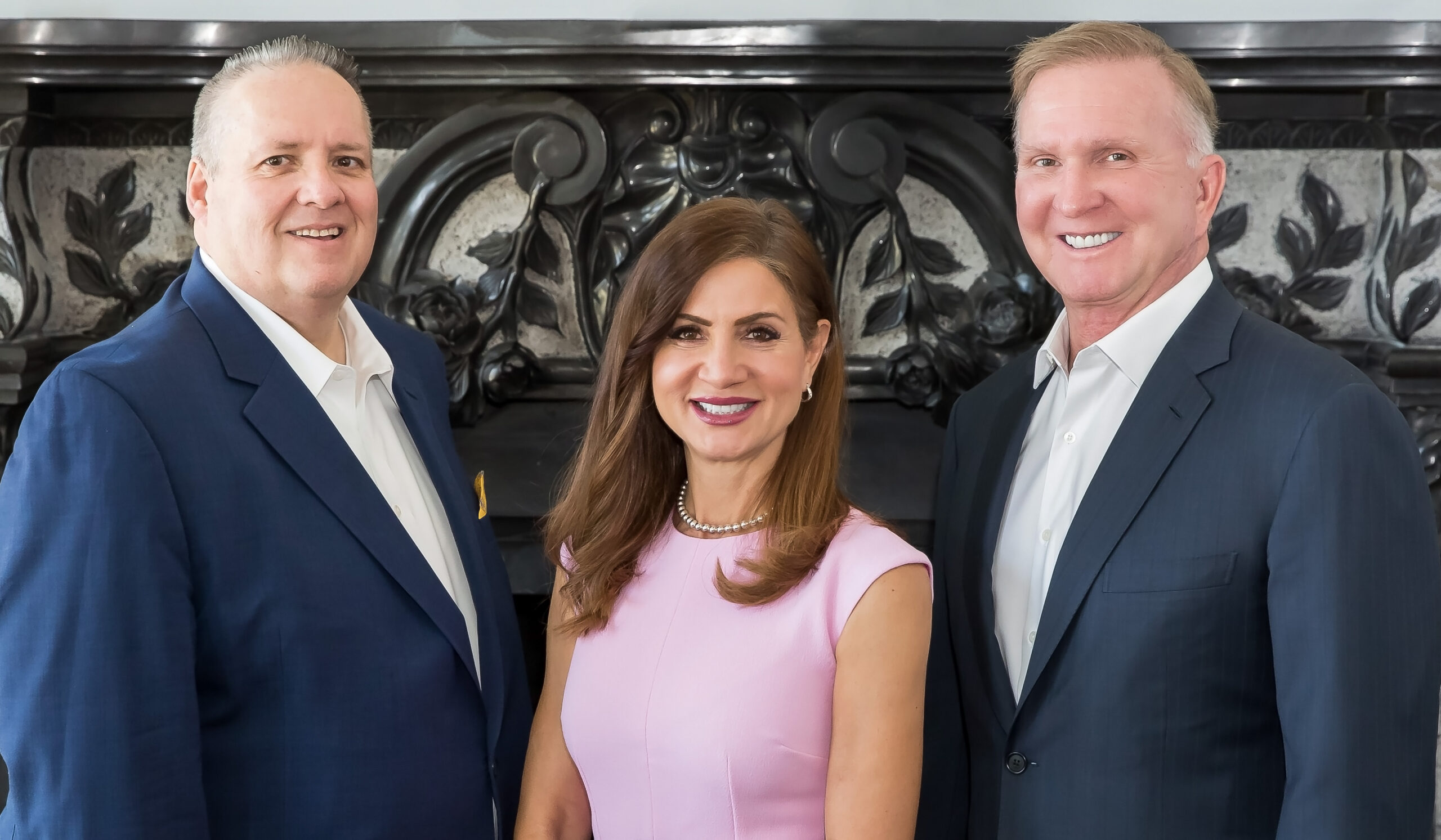Facebook Says Advertisers Can’t Sue Over False Metrics
By Cara Bayles
Law360, San Francisco (June 19, 2017, 8:09 PM EDT) — Facebook Inc. asked a California federal judge on Monday to toss a putative class action alleging the company misled advertisers with false consumer viewing metrics, saying the data was a free service it was not contractually obligated to provide and that the errors were covered by the website’s software glitch disclaimer.
The suit alleges that from May 2014 through September 2016, Facebook touted inaccurate metrics on how long users spent watching videos ads, inflating the numbers by 60 to 80 percent by the company’s own admission. The inaccuracies stemmed from Facebook not factoring in views by users who watched ads for less than three seconds when dividing watch time durations by the number of viewers.
But Facebook attorney Ashok Ramani of Keker Van Nest & Peters LLP told U.S. District Judge Thelton E. Henderson at Monday’s hearing that the video advertisements were run as promised, and that Facebook’s incorrect metrics didn’t flout contractual promises because those statistics were offered “as a free service” not covered by the agreements.
Ramani said the advertising contracts included a stipulation that Facebook couldn’t guarantee its site would “always be safe, secure or error-free, or that Facebook will always function without disruption, delays or imperfections.” He said such a disclosure of potential harms meant the advertisers couldn’t bring a claim under California’s unfair competition law, and that imperfections were common in the industry.
“There’s a specific disclosure on this issue that says, ‘We try to keep Facebook bug-free and-safe, but you use it at your own risk,’” he said. “It’s not a get-out-of-jail-free card, but anyone who’s dealt with software knows bugs may arise.”
The judge’s ruling on the motion to dismiss will determine the fate of the suit alleging Facebook’s metrics induced the plaintiffs to continue buying space from the social media giant at a higher rate than they may have been willing to pay had the metrics been accurate.
The class has not been certified, but plaintiffs’ attorneys told Law360 they could total millions. They are seeking statutory damages and actual damages.
Plaintiffs’ attorney David Stein of Girard Gibbs LLP told Judge Henderson that the unfair competition claim could survive, because the disclaimer Ramani pointed to couldn’t act as “a safeguard” for “deceptive conduct,” and because the inflated metrics also harmed Facebook’s competitors.
“Our clients, when considering advertising, look at where it will be most effective,” he said. “The same conduct that robs other companies of clients also robs our clients of the accurate information that allows them to make the decision that’s best for their business.”
Stein added that the “free gift” argument was bogus because the metrics informed his clients’ decision to stick with Facebook, and said that meant they’d met the heightened pleading standard for fraud or a mistake, citing In re: Google AdWords Litigation, in which the plaintiffs had similarly argued they relied on Google’s representations about its advertisements.
“The defendants said something and that induced us to change our behavior,” Stein said. “That’s the essence of reliance.”
Plaintiff’s attorney Robert T. Eglet of Eglet Prince said Facebook should have to restitute advertisers under the benefit of the bargain principle, alleging “this isn’t some minor glitch in software.” He said that if a scout for the San Francisco Giants calculated batting average by discounting strikeouts, he’d be out of a job.
Ramani rebutted, saying Facebook had not intentionally deceived its clients, and so the case differed from the Google litigation, which alleged the company intentionally deceived advertisers by placing ads on error pages and parked domains while promising “high-quality” website placement.
“Facebook made a mistake, realized the mistake, corrected and disclosed it,” he said.
Facebook did not immediately respond to a request for comment.
The plaintiffs are represented by Robert Eglet, Robert Adams, Artemus Ham and Erica Entsminger of Eglet Prince, David Stein, Eric Gibbs, Dylan Hughes and Aaron Blumenthal of Gibbs Law Group LLP, Andrew N. Friedman, Geoffrey Graber, Michael Eisenkraft and Eric Kafka of Cohen Milstein Sellers & Toll PLLC, Aisha Christian and Charles Reichmann of the Law Offices of Charles Reichmann, and Joseph Motta of Rueb & Motta.
Facebook is represented by Ashok Ramani, Paven Malhotra, Elizabeth McCloskey and Ian Kanig of Keker Van Nest & Peters LLP.
The case is Letizia et al v. Facebook Inc., case number 3:16-cv-06232, in the U.S. District Court for the Northern District of California.
–Additional reporting by Dietrich Knauth. Editing by Philip Shea.
Las Vegas Trial Lawyer – Robert T. Eglet Robert heads the trial team at Eglet Prince and is the lead trial …
Read More
Las Vegas Trial Lawyer – Robert M. Adams Robert specializes in products liability litigation against pharmaceutical companies and health insurance …
Read More
Las Vegas Trial Lawyer – Erica D. Entsminger Erica is a partner on the mass torts team and her practice …
Read More
Las Vegas Trial Lawyer – Artemus W. Ham …
Read More
Las Vegas Trial Lawyer – Dr. Aaron D. Ford As Partner at Eglet Prince, Dr. Aaron D. Ford concentrates on …
Read More








